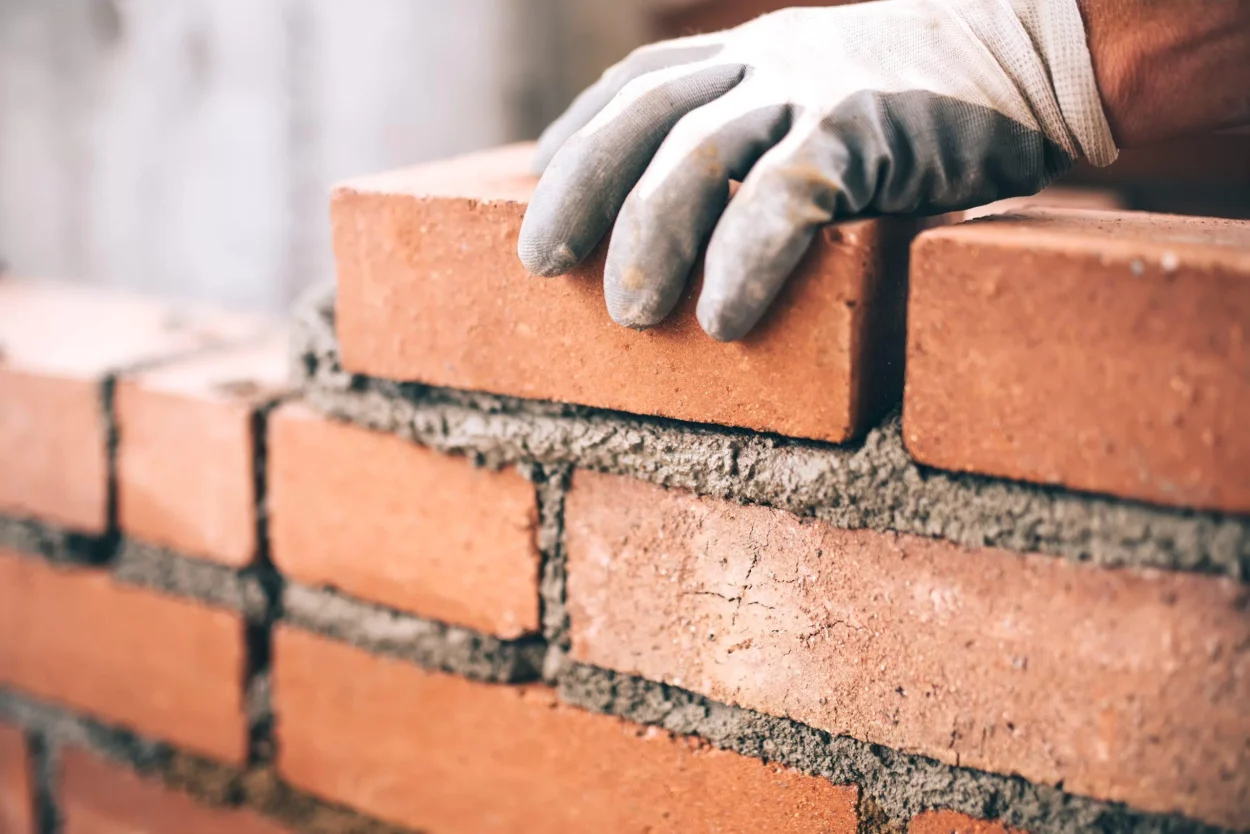No products in the basket.

In the United Kingdom, the construction industry is a vital sector that continuously seeks skilled professionals to build and maintain the infrastructure. Among these professionals, bricklayers play a crucial role. But a common question that arises is: Do bricklayers need a degree in the UK? The answer is straightforward—no, a degree is not required to become a qualified bricklayer in the UK. However, there are several paths and qualifications that can enhance a bricklayer’s skills and career prospects.
Bricklayers, also known as brickmasons, are responsible for building and repairing walls, floors, chimneys, and other structures made from bricks, concrete blocks, and other materials. Their work is physically demanding and requires precision, attention to detail, and a good understanding of construction techniques.
While a university degree is not necessary, bricklayers typically need to undergo some form of training to develop their skills. Here are the common routes to becoming a bricklayer in the UK:
While not mandatory, obtaining certifications can enhance a bricklayer’s employability and career progression. Some key certifications include:
The construction industry is constantly evolving with new techniques, materials, and regulations. Continuous Professional Development (CPD) is essential for bricklayers who wish to stay updated and advance in their careers. CPD activities can include attending workshops, completing short courses, and staying informed about industry standards and best practices.
Yes, most construction sites require bricklayers to have a valid CSCS card to demonstrate their competency and knowledge of health and safety regulations.
The time it takes to become a qualified bricklayer can vary. An apprenticeship typically lasts between two to three years, but this can vary based on the individual’s learning pace and the specific training programme.
Essential skills for a bricklayer include physical strength and stamina, precision, attention to detail, problem-solving abilities, and a good understanding of construction techniques and safety practices.
Yes, many people enter the bricklaying profession later in life. With appropriate training and qualifications, such as an NVQ in Bricklaying, individuals can successfully transition into this career.
Experienced or qualified bricklayers can progress to supervisory roles, start their own businesses, or specialise in areas such as stonemasonry or historic building conservation. Further qualifications and CPD can enhance career prospects.
At Workforce Skills Support, the UK’s leading construction training provider, we offer comprehensive training and qualifications to help you become a successful bricklayer. Our Bricklaying NVQs are designed to provide you with the skills and knowledge required to excel in the industry. Whether you’re just starting out or looking to enhance your existing skills, we can guide you in choosing the right qualifications to meet your career goals.
Our experienced instructors and tailored training programmes ensure that you receive practical, hands-on experience combined with theoretical knowledge. We are committed to supporting you every step of the way, from initial training to achieving your NVQ qualifications and beyond.
For more information on our Bricklaying NVQs and other construction training programmes, visit our website or contact us directly. Let Workforce Skills Support help you build a strong foundation for a successful career in bricklaying.